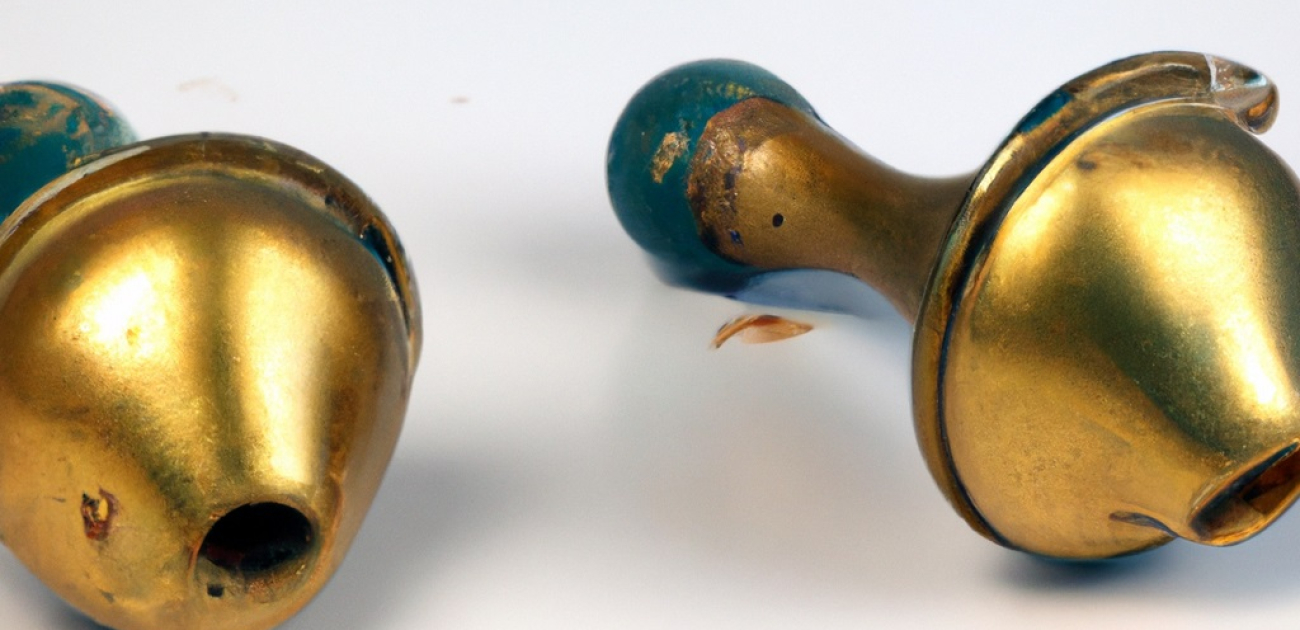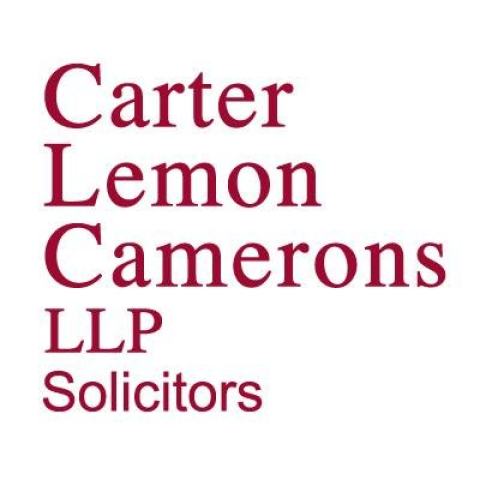I Want My Door Handles Back: A Salutary Lesson In Shareholder Disputes…
Shareholder disputes can often best be viewed as corporate divorce. Two (or more) parties who have often spent much time together over varying seasons of the life of a business trying to build something, come to a point where there’s a falling out. It may be over a very particular business decision; it may be a style of management which over a period of time begins to grate more and more.
Often the disagreement can be sorted without going to court. Pragmatism intervenes. But in other cases, both parties dig in their heels and it can be incredibly personal.
Here’s a case study of one that I was involved in for a client several years ago now. My client – we’ll call her Dionne – had operated and successfully built up a beauty salon business in a nice part of London: its clientele were established and well serviced. An opportunity came up to get involved in and similarly brand a gym in neighbouring premises: a nice extension to the services she could offer clients. This time she was not doing it herself but with another successful businessman and nearby resident who we’ll call Rick. Rick was to be the majority shareholder and Dionne and a friend, the minorities.
The marriage between Dionne and Rick was never made in heaven – in fact I can remember Dionne expressing doubts even before she signed up to it. Pretty early on, different management styles honed from their previous businesses clashed. Accusations of cooking the books; running the company as a personal chiefdom…
There was a lot preamble to the issue of proceedings: request for information, letters between solicitors, accusations thrown around before finally and with the help of counsel, a petition under s994 Companies Act 2006 running to over forty pages issued on behalf of Dionne and her fellow shareholder, so that Rick could see that we were serious. I was going down well with my clients: it was approaching Christmas and the courier arrived at the office with a pair of bright red boxing gloves and a note: the gloves are off now, Andrew.
The primary court ordered remedy in the UK for a successful petition under s994 which is issued on grounds that a minority shareholder is being unfairly prejudiced in the way the company is being run and managed, is that the majority shareholder buys out the minority shareholder(s) shares. Accordingly, settlement negotiations often proceed on that similar basis: an offer from the majority for the shares and of course the sticking point can be at what price per share, as valuing shares in private companies can be notoriously difficult.
We’d had one preliminary court hearing which left everyone a bit grumpy. Experts had been instructed for both sides, reports produced and extensive witness statements drafted It felt good when after some negotiation, terms seemed to be agreed: Rick was prepared to:
- pay a price for Dionne and her friend’s shares which they could accept
- agree to redeem at par the loan stock they held in the gym company
- pay for equipment previously purchased for the gym by Dionne’s own company
- take an assignment of Dionne’s director’s loan and
- make a contribution towards her legal costs
Thinking we were nearly there after years of nightmare, I phoned Dionne to tell her the good news of the agreement. ‘But I want my door handles back’ was the unlikely response I got. What? What are you talking about – you have never mentioned door handles to me before and I’ve been acting for you for four years on this dispute? The response was unrelenting: He’s got two of my door handles at the gym and I want them back’
I said I’d need to put I to Rick’s solicitor. I make the call… You know we thought we were almost there, well you may not believe this but my client says she wants her door handles back. I’ll take instructions he replies. He comes back and confirms the detail: one handle is in use, one is broken and not, but yes, they can be returned. He’s in charge of drawing up the consent order in due course and of course, when it arrives – there’s no mention of the door handles. I find myself creatively writing them in - Rick to:
procure that the Company return two brazier domed door handles, one broken and one intact, previously identified to [Rick] and belonging to Dionne
What did I learn? I learnt that shareholder disputes are emotive, that its so often not just about the money and that you never quite know what might be niggling along in your client’s mind and which doesn’t get to their mouth until the eleventh hour. At least it wasn’t a deal stopper (although it could have been a door closing stopper…)
Do you want more information?
 Andrew Firman
Andrew FirmanAndrew Firman is a partner in our corporate & commercial team. His corporate practice concentrates on buying and selling mainly owner-managed SMEs and associated advice on contractual and banking documentation work. His employment practice covers all aspects of contentious and non-contentious work for both employers and employees. His charity practice majors on compliance and amalgamation matters.

